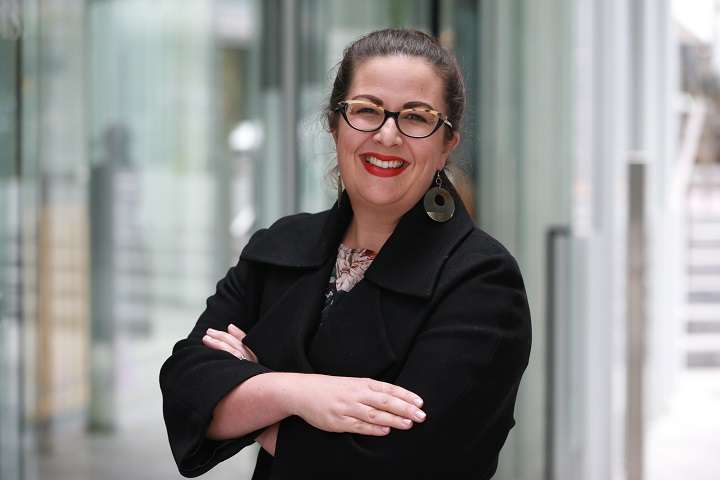Ever tried asking work colleagues, friends and relations about their mortgage status?
Most people will clam up.
Friends will talk about travel dreams, career goals and even their sex life, but mortgage-related discussions rarely come up in the group chat.
Why’s is that? And should we be more openly talking about our mortgages?
Start your property search
OneRoof columnist and owner of the Mortgage Lab Rupert Gough says that Kiwis would talk to their mortgage broker about all the details of their finances, but not to colleagues, friends or family.
He says it might be a part of the Kiwi culture where talking about money is seen to be a tall poppy thing.
“By default, Kiwis are understated and they don’t want to be seen as showing off,” he says.
But that is not a good thing, in Gough’s view.
The issue with not talking about mortgages is that New Zealanders may miss out knowing the hurdles other people go through around getting a mortgage and financing their homes.
We don’t learn from each other’s experiences since we don’t openly discuss them, he says.
Gough notices that people tend talk about their mortgage payments more openly in the comment section of social media or on-line forums, rather than face to face with their peers.
He would like this to change, starting within the family. He says that if parents shared how much they own and how they pay off the mortgage, children will be aware of the big financial obligations they should expect as adults.
Also, New Zealand education system does not teach about mortgages and money, which again keeps the topic under wraps, Gough says.
“Schooling does not really prepare you for it, there’s no discussion at schools on how to get a mortgage. It’s a crossover between maths and life.
“Teenagers need to understand that credit card debt is significantly different to mortgage debt because of the assets that under lie it,” he says.
Financial experts and Enable Me founder Hannah McQueen agrees, saying historically mortgage-related conversations have been deemed taboo and impolite.
However, she points out that openly talking about sex also used to be a taboo too, but is now becoming more common.
McQueen says that the conversation needs to be about more than one figure – the size of a mortgage - as so many factors influence mortgage payments: your pay, your savings plan, spending habits, length of the mortgage and many other factors.

Hannah McQueen from Enable Me says the best way to start a mortgage-related conversation is to ask the person how well they are tracking for retirement. Photo/Doug Sherring
She says that unless people are sharing the full complexity of the story, there’s no point comparing someone else’s mortgage situation to your own.
“If you’re comparing yourself to a peer and you’re on the same income but they are on the property ladder and you’re not, is it because they are awesome at savings? or they got an inheritance or maybe their parents are bankrolling them?
“That’ll materially change the comparison.”
The best way to start a mortgage-related conversation is to ask if the person is on track for their retirement.
“About 80 per cent of people aren’t on track for their retirement, so if they say they are, you can ask ‘why is that?' and go from there."
She says a few generations ago finances were simpler: you had what you earned, you didn’t have credit and probably saved about 20 per cent of what you receive from your pay.
“There were some simple measures then, whereas now there are pages of things to work through to get a read on your situation relative to other people.”
But the head of the University of Otago’s Department of Psychology, Professor Jamin Halberstadt, is less keen on drawing conclusions about why Kiwis are so shy about talking about their home finances.
“I think we need to be careful not to assume that every phenomenon represents a distinct psychological construct to be explained,” he says, adding that people’s desire for privacy may not reflect the same motivations, and may not require a deep psychological explanation.
“Kiwis may be less likely to share their financial information than other groups for reasons of cultural appropriateness, lack of knowledge, or legal restrictions, and not because they share a certain personality type or are the product of a grand 'Theory of Financial Disclosure’.”










































































